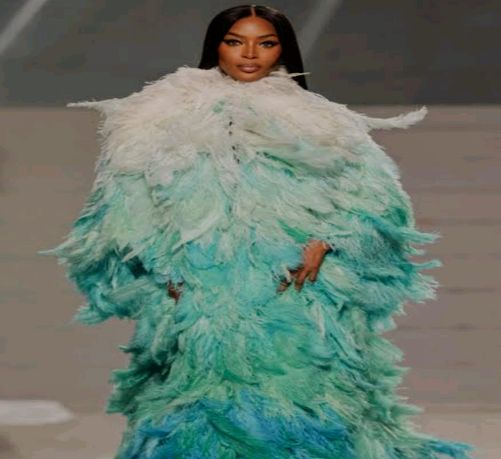Priscilla Yusuf

Fashion is a social phenomenon that reflects cultural, societal, economic, political, and environmental factors.
It is a form of communication that enables people to express their identity, beliefs, and values.
Fashion is a complex cultural phenomenon. It can be fruitfully studied through the lens of economics, sociology, anthropology, psychology, semiotics, and other disciplines as well as the history of art and design.
Fashion facilitates social change by providing a transitional stage from one custom to another. It tends to modify the rigidity of custom and the belief in its importance.
It prepares the mind for a change so that people may not feel a jerk on changing to customs.
The socio-cultural factors that influence consumer behaviour (that is, the way they accept or reject fashion trends) include family background, culture, individual’s social role or status, influencers, reference groups, opinion leaders, consciousness of the environment, and length of fashion trends.
Fashion has been a crucial trigger for a number of social revolutions and societal shifts. Many fashion houses and brands have used fashion, which is frequently described as a form of self-expression, to support and oppose various socio-political agendas.
An example is the requirement of clothing in public places. On the other hand, society gives the Informal sanctions rules.
In this case, people follow them so other individuals can look at them as the societal norm. Fashion is a reaction to our social rules and speaks on behalf of the community.
